Little yet strong, nuts are quite possibly the most nutritious food sources on earth and have been an important part of the human dietary system for quite a long time. While every individual nut has an unmistakable taste and somewhat extraordinary wholesome structure, all nuts are wellsprings of plant-based protein, good fats and much needed nutrients and minerals.
Increasingly more researches keep on showing the nutritional advantages of consolidating nuts into your eating routine, from protection against ongoing illnesses to advancing life span. Yet, are a few nuts considered better than others? After a lot of consideration, the below mentioned nuts are the healthiest ones and far surpass the other ones.
1. Walnuts
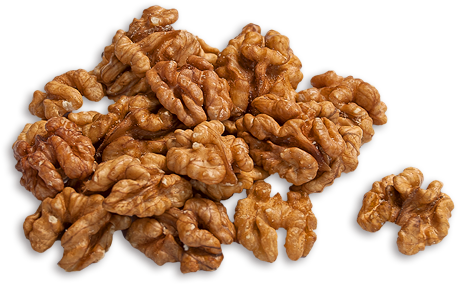
Nutrition Facts (1 oz, about 28 g or 14 halves):
- 190 calories
- 18 g total fat
- 1.5 g saturated fat
- 4 g total carbohydrate
- 2 g dietary fiber
- 1 g total sugar
- 4 g protein
Walnuts are the solitary nut with an astounding wellspring of plant omega-3 fatty acids. Another significant part of walnuts is their polyphenol content. In view of examination that assessed tree nuts and peanuts, walnuts have the best measure of polyphenols, which are useful plant compounds that may play a part in an assortment of illnesses and wellbeing outcomes. Research discoveries show that when contrasted with controlled diet and consuming less calories, walnut enriched diet regimens brought about fundamental reductions altogether in LDL cholesterol and triglycerides.
Walnuts additionally contain prebiotics, an inedible fiber that fuels probiotics that has been appeared to affect gut microbes. Walnuts also contain melatonin, a significant plant compound that assumes a part in keeping up solid circadian rhythms and supporting quality sleep.
2. Brazil Nuts
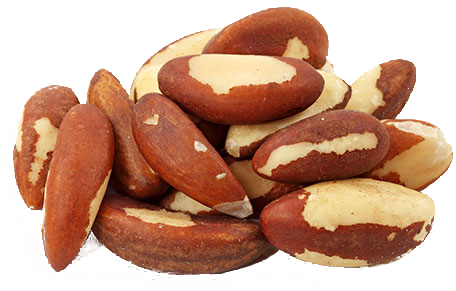
Nutrition Facts (1 oz, about 28 g or 6 kernels):
- 187 calories
- 19 g total fat
- 5 g saturated fat
- 3 g total carbohydrate
- 1 g total sugar
- 2 g dietary fiber
- 4 g protein
This nut that grows on trees in the Amazonian tropical jungle may not be known to many as compared to others from the list, however it is a genuine nourishing force to be reckoned with. With a smooth surface and sensitive taste, this bigger nut is a great wellspring of different antioxidants, vitamins and nutrients. Brazil nuts are a champion for their selenium content, a nutrient with numerous jobs and cell reinforcement properties including shielding the body from oxidative harm and contamination.
One Brazil nut contains somewhere in the range of 68–91 mcg selenium for every nut which meets more than 100% of the suggested daily requirement for grown-ups, and they contain 2,500 times the amount of selenium as some other nut. Research published in The American Journal of Clinical Nutrition even tracked down that consuming only two Brazil nuts every day was a viable replacement for selenium supplements. However, don’t try too hard with this intense nut since eating such a large number of Brazil nuts can prompt selenium harmfulness; stay with 1 or 2 every day to receive the healthful rewards.
3. Pistachios
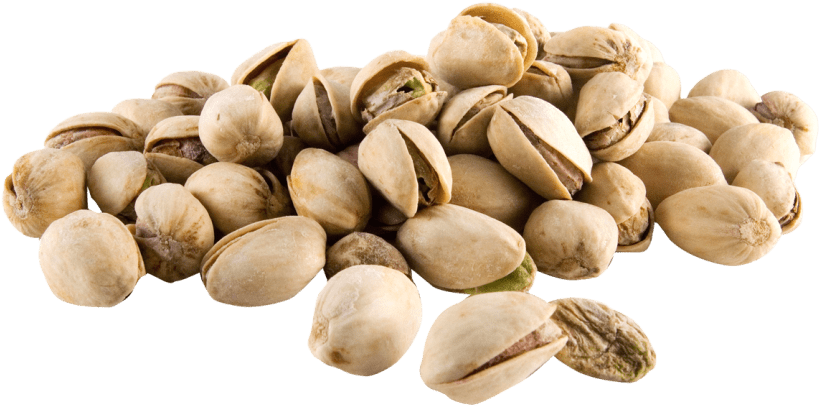
Nutrition Facts (1 oz, about 28 g or 49 kernels):
- 160 calories
- 13 g total fat
- 2 g saturated fat
- 8 g total carbohydrate
- 2 g dietary fiber
- 2 g total sugars
- 6 g protein
Pistachios are one of the highest protein snack nuts. They offer six grams of plant protein per serving that help fuel your body with essential amino acids. Furthermore, they pack in three grams of fiber for every serving and about 90% of the fats found in pistachios are the better-for-you mono-and polyunsaturated sorts.
Pistachios give you more nuts per serving (around 49 pistachios, contrasted with 23 almonds or 18 cashews).
4. Almonds
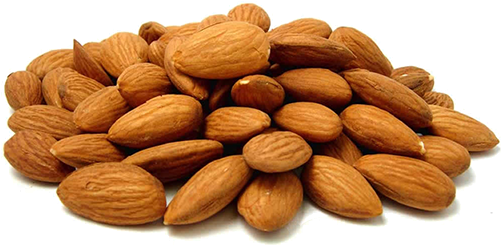
Nutrition Facts (1 oz, about 28 g or 23 kernels):
- 165 calories
- 14 g total fat
- 1 g saturated fat
- 6 g total carbohydrate
- 4 g dietary fiber
- 1 g total sugar
- 6 g protein
A nibbling staple, almonds are likewise loaded with plant-based protein however are a champion because of their amazing Vitamin E content. Vitamin E promotes healthy skin, nails and hair and is an incredible antioxidant agent that aides battle inflamation. Recent studies have shown almonds help in preventing wrinkles.
Yet, their advantages don’t simply stop there. Almonds are the most minimal in saturated fat and most elevated in riboflavin, niacin, fiber and calcium. They have additionally been appeared to lessen unsafe cholesterol levels (LDL cholesterol) and help settle glucose levels to help control diabetes.
5. Pili Nuts

Nutrition Facts (30 g):
- 210 calories
- 24 g total fat
- 9 g saturated fat
- 1 g total carbohydrate
- 1 g dietary fiber
- 0 g total sugar
- 3 g protein
This rich, creamy nut is grown in the volcanic soil of the Philippine promontory. They are among the most noteworthy nut wellsprings of magnesium, a significant mineral for regulating muscle and nerve function, energy production, blood pressure control and bone wellbeing; a 30 g serving gives 89 mg magnesium or 20% of the everyday esteem, making it a magnificent wellspring of the supplement.
Pili nuts are additionally loaded with essential amino acids and heart-solid monounsaturated fats. Contrasted with different nuts, this assortment is the most reduced in sugars too. They likewise contain 35% of the every day an incentive for copper and 30% of the day by day an incentive for manganese.
6. Peanuts
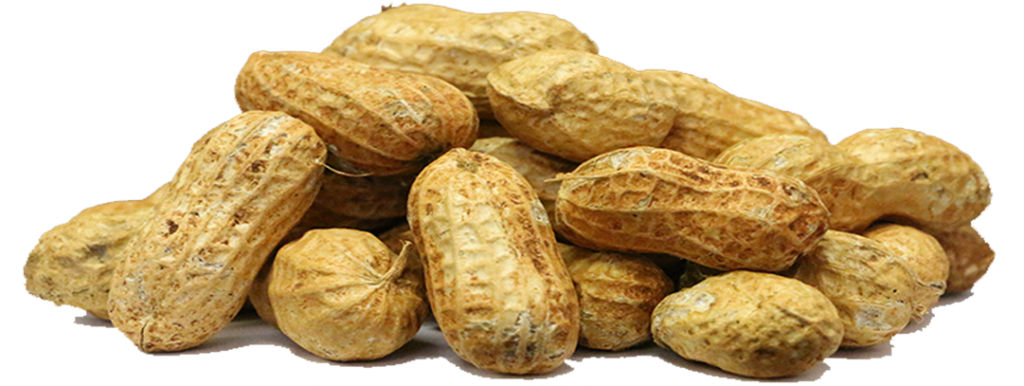
Nutrition Facts (1 oz, about 28 g)
- 161 calories
- 14 g total fat
- 2 g saturated fat
- 5 g total carbohydrate
- 2 g dietary fiber
- 1 g total sugar
- 7 g protein
Albeit not in fact a nut (peanuts have a place with the legume family), this snacking staple has a comparable supplement profile to different nuts and packs in some incredible medical advantages. Peanuts are a phenomenal source of niacin, a significant B vitamin that assists with converting food over to energy, as well as manganese which is significant for handling cholesterol.
Be that as it may, some of greatest nut benefits are ecological; since they fill in the ground, peanuts utilize significantly less water than tree nuts to develop. Additionally, they normally renew and enrich the dirt with nitrogen.
To Conclude
Although the family of nuts is wide and there are many others which are still beneficial which can be consumed along with your daily routine intake. These by far out way the rest. Even though some are very hard to get their hands on in some countries.
If you have any topics which you want me to write about in my upcoming post. I will surely consider all your feedbacks and topics given. If you want to start your fitness journey and want to get a healthy lifestyle post an enquiry in the services section or you can even Whats app me in the section provided and I will make sure to get back to you and we can discuss further.

